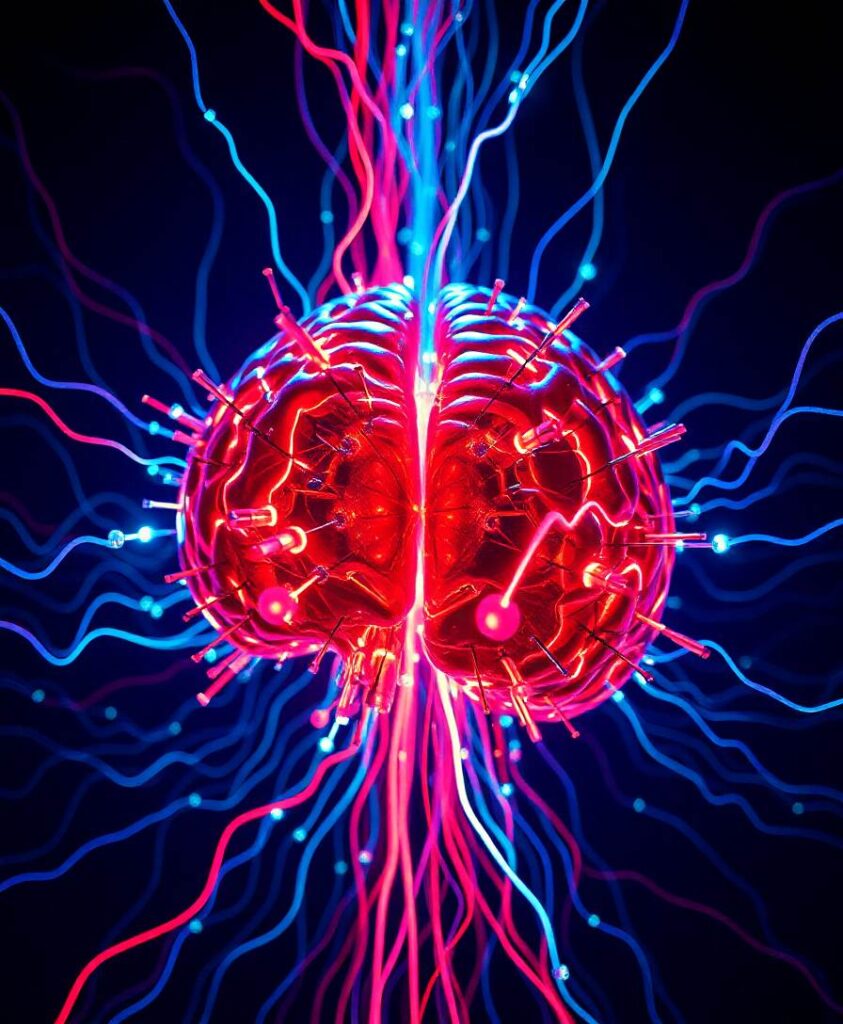A Tensor-Based Framework for rs-fMRI Classification and Functional Connectivity Construction
Recently, machine learning methods have gained lots of attention from researchers seeking to analyze brain images such as Resting-State Functional Magnetic Resonance Imaging (rs-fMRI) to obtain a deeper understanding of the brain and such related diseases, for example, Alzheimer’s disease. Finding the common patterns caused by a brain disorder through analysis of the functional connectivity (FC) network along with discriminating brain diseases from normal controls have long been the two principal goals in studying rs-fMRI data. The majority of FC extraction methods calculate the FC matrix for each subject and then use simple techniques to combine them and obtain a general FC matrix. In addition, the state-of-the-art classification techniques for finding subjects with brain disorders also rely on calculating an FC for each subject, vectorizing, and feeding them to the classifier. Considering these problems and based on multi-dimensional nature of the data, we have come up with a novel tensor framework in which a general FC matrix is obtained without the need to construct an FC matrix for each sample. This framework also allows us to reduce the dimensionality and create a novel discriminant function that rather than using FCs works directly with each sample, avoids vectorization in any step, and uses the test data in the training process without forcing any prior knowledge of its label into the classifier. Extensive experiments using the ADNI dataset demonstrate that our proposed framework effectively boosts the fMRI classification performance and reveals novel connectivity patterns in Alzheimer’s disease at its early stages.
Marc is a Canadian exercise physiologist in St. John’s, linking fitness to sharper thinking. He writes about real-world ways to stay strong and sharp, inspired by Newfoundland’s tough, no-frills lifestyle.

